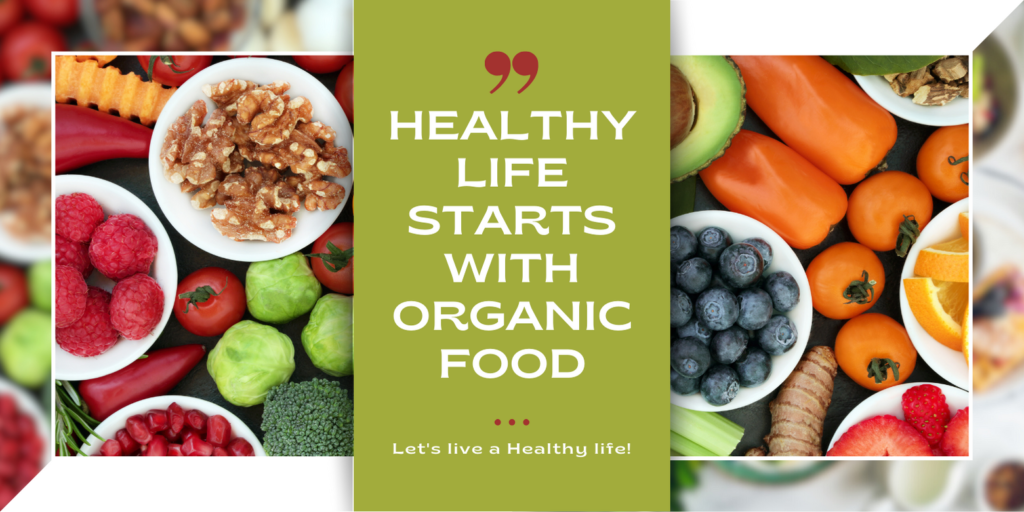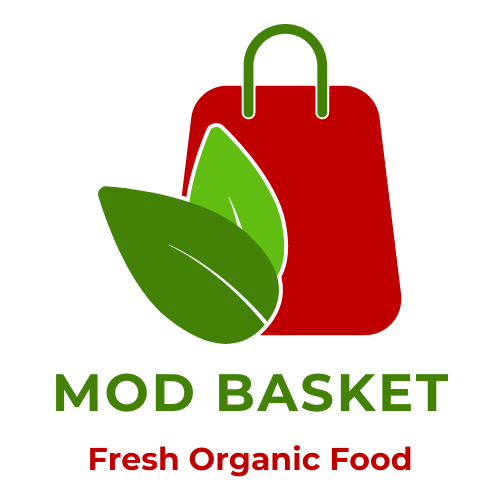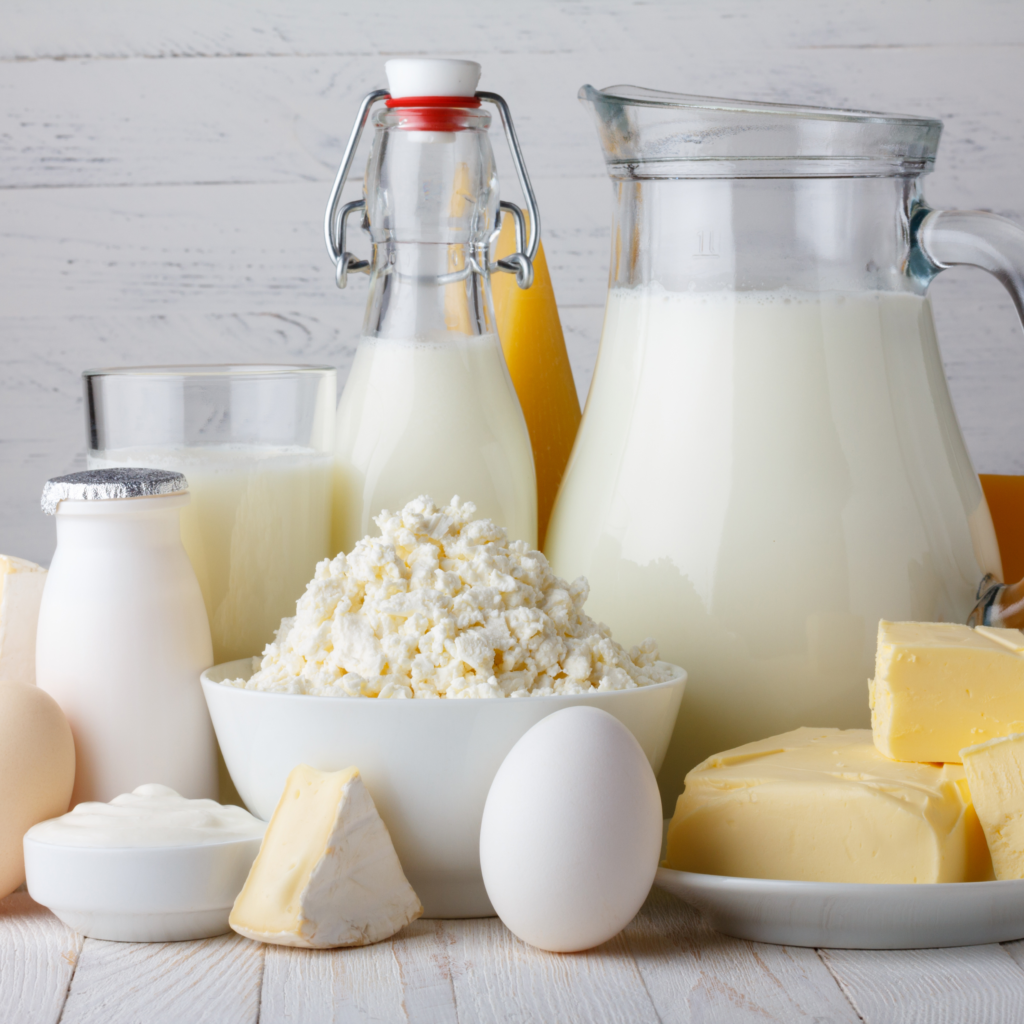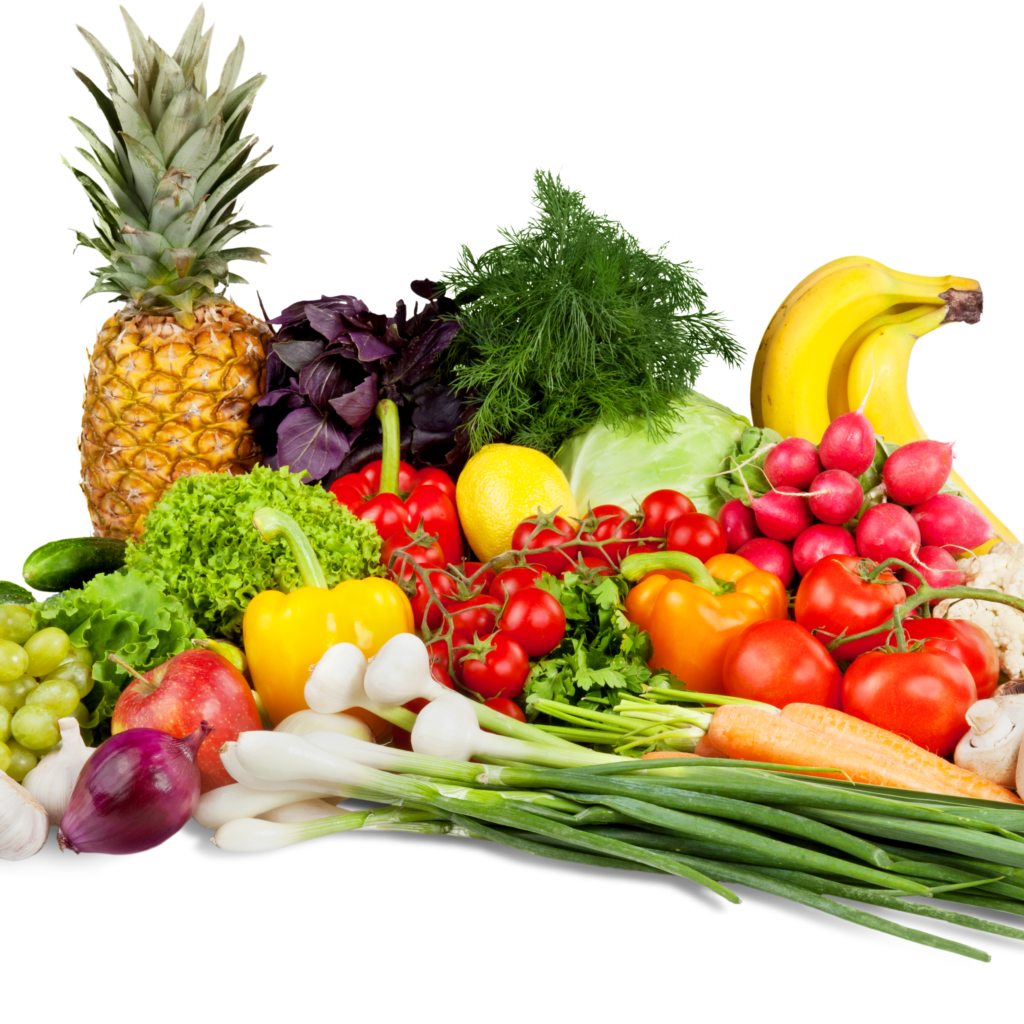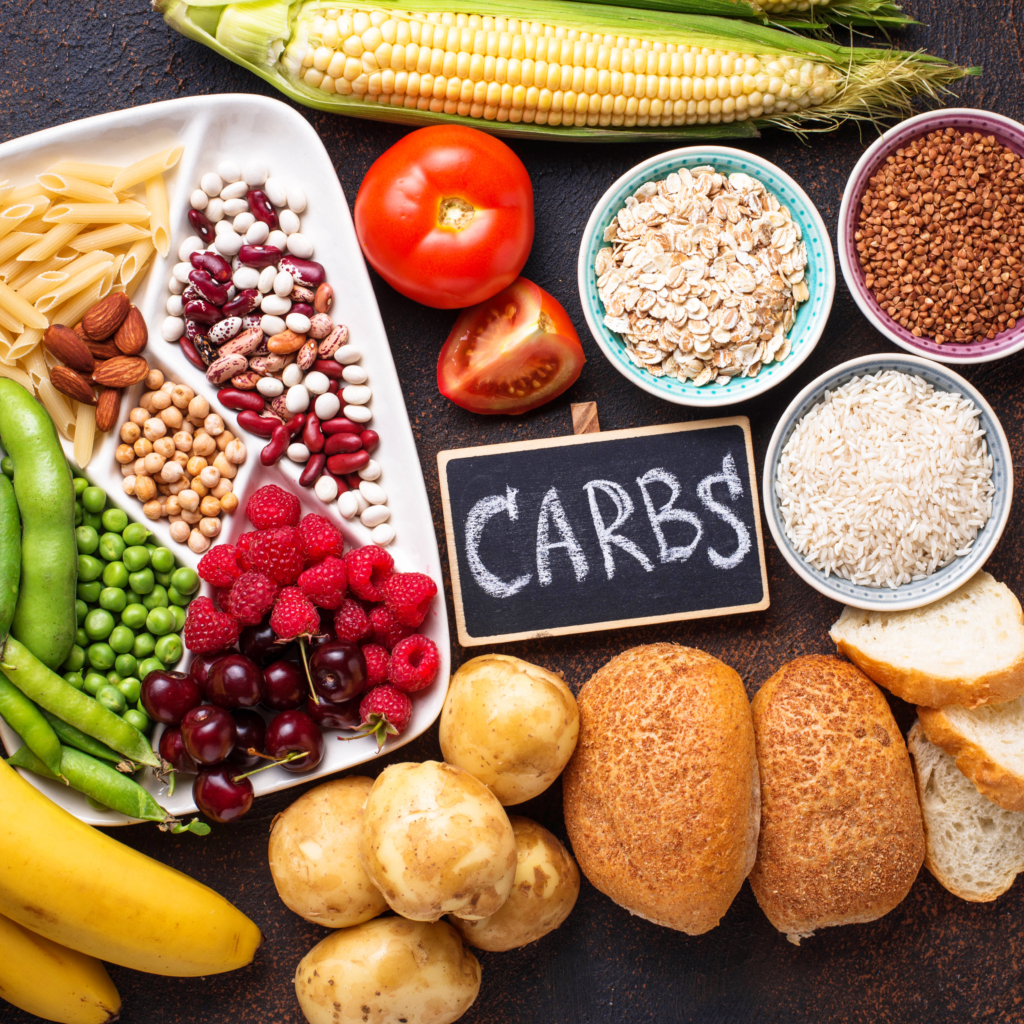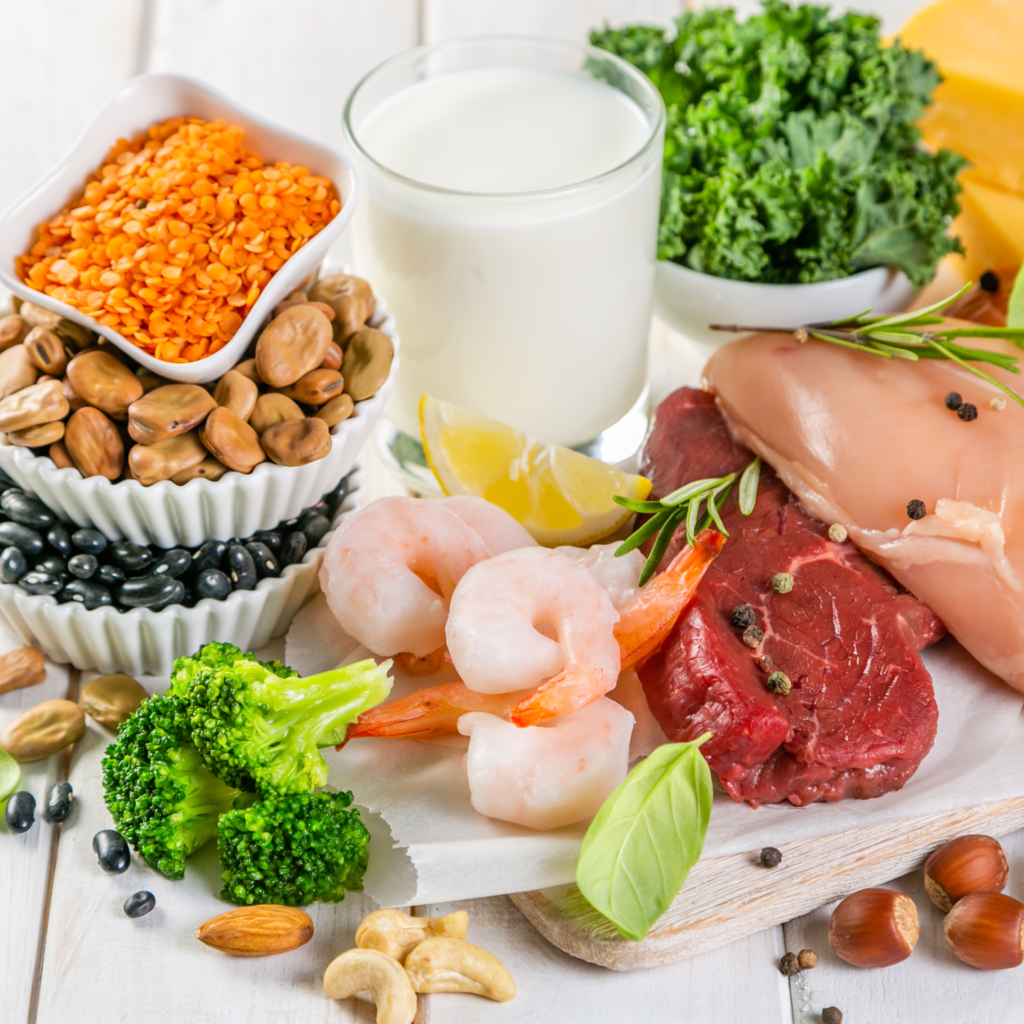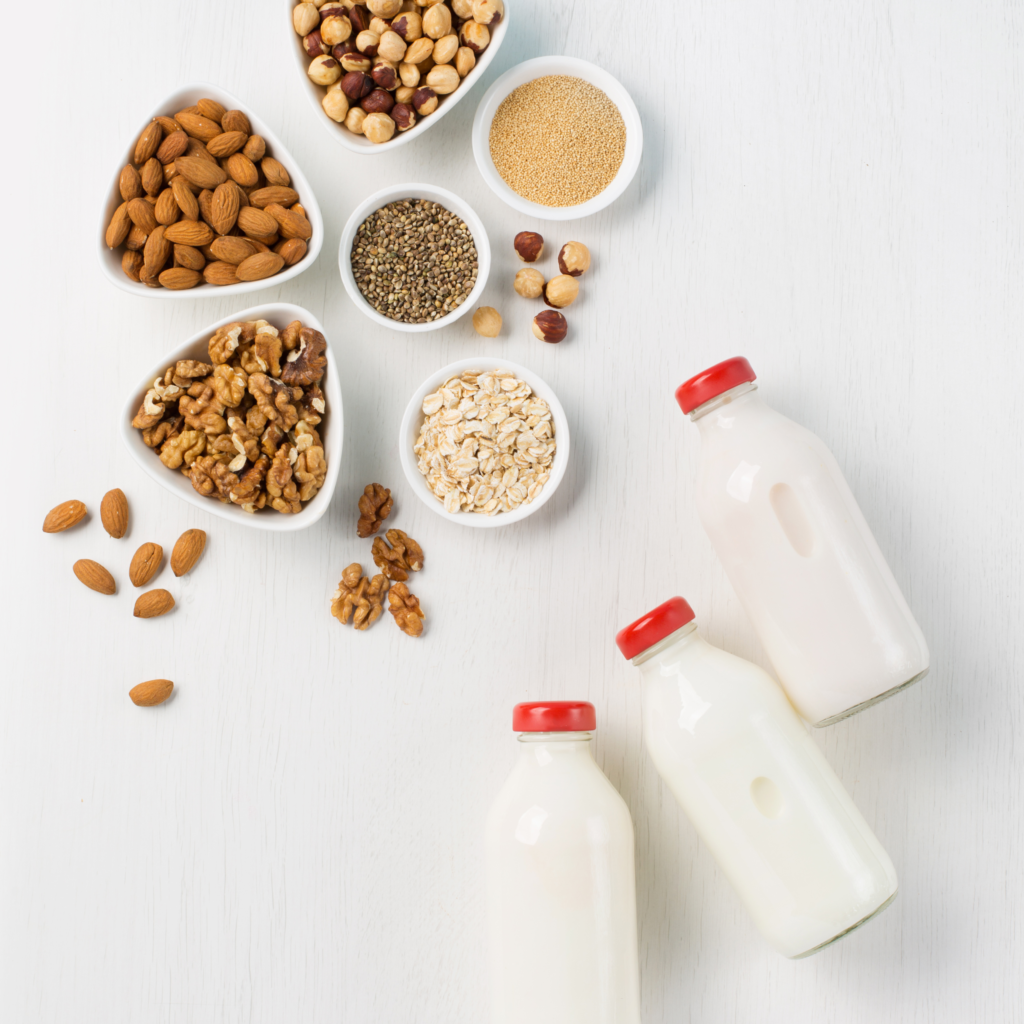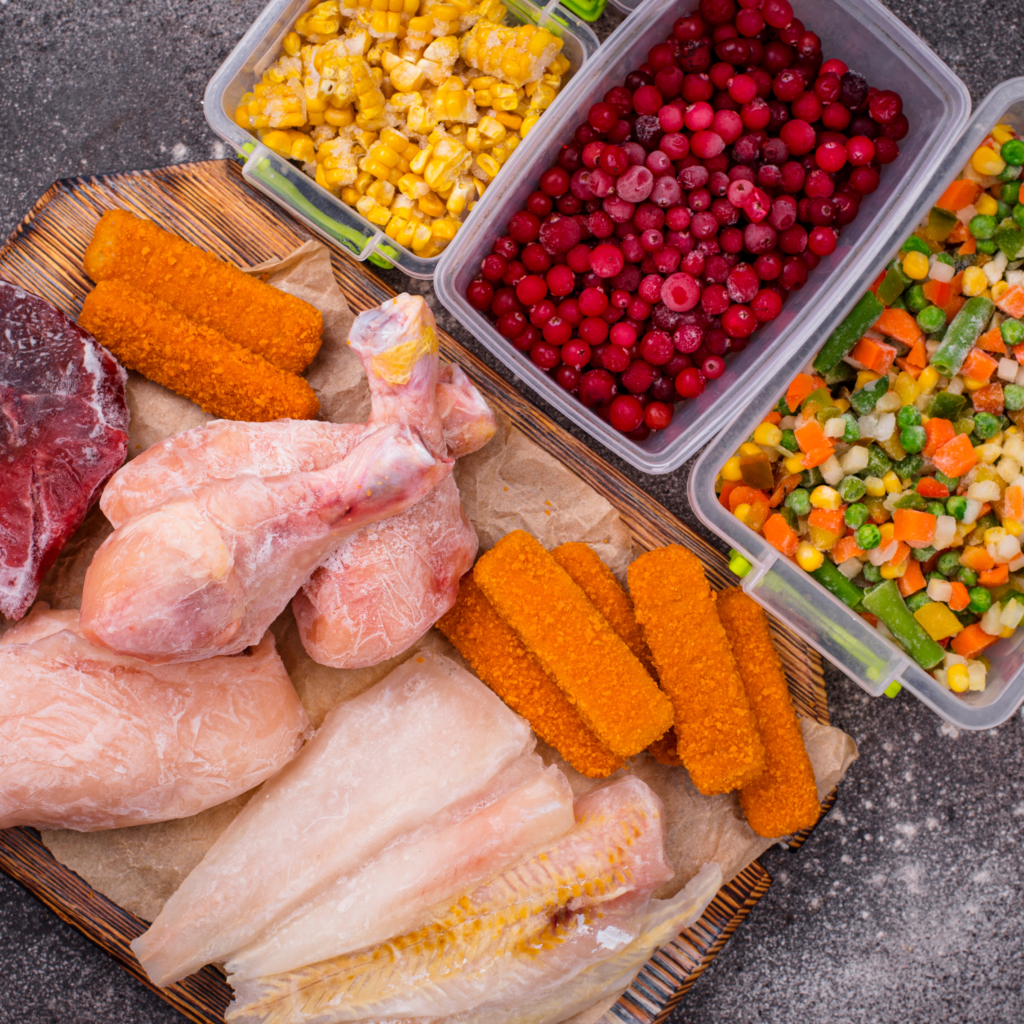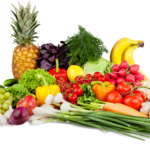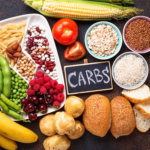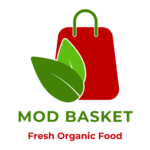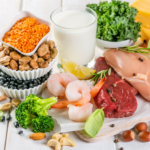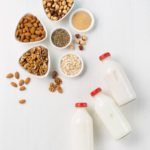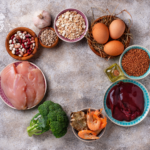100% Organic Food-The Way To A Healthy Life:
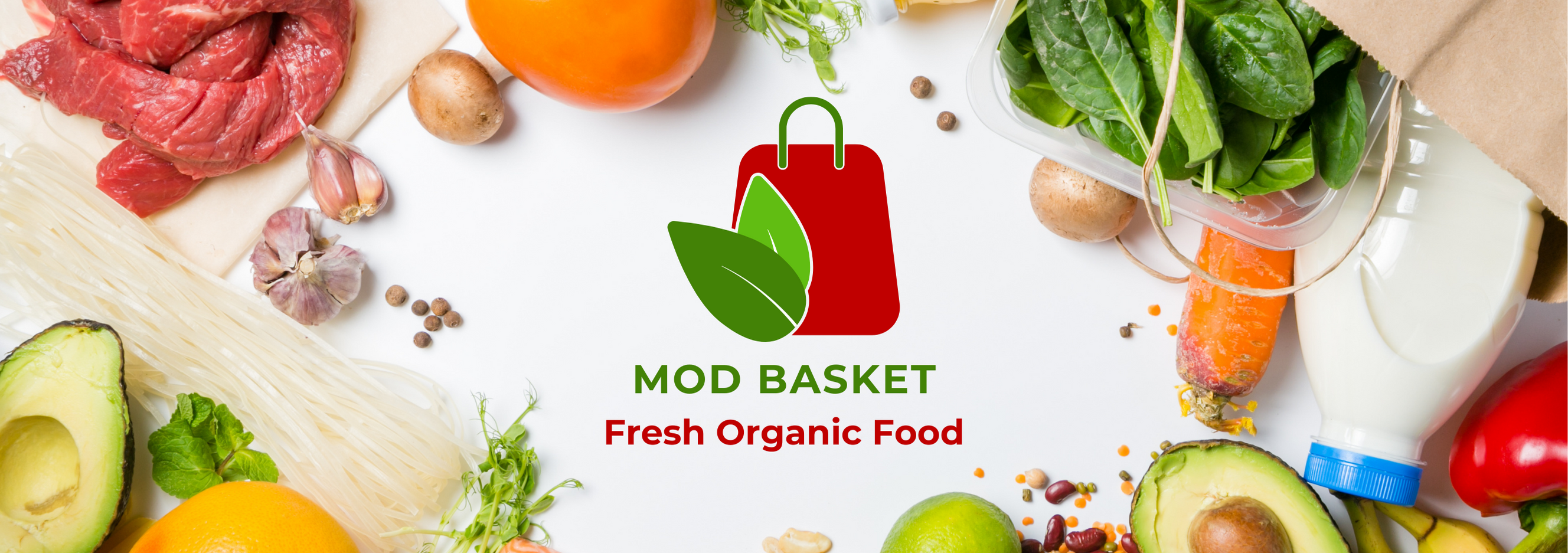
Organic food isn’t just a trend; it’s a movement that signifies a return to a simpler, healthier, and more sustainable way of eating. In this post, we’ll delve into the realm of organic food, understanding its benefits, what it truly means to be organic, the various types of organic foods available, the concept of “100% organic foods,” and even explore what an organic food diet entails.
In today’s fast-paced world, where convenience often takes precedence, the resurgence of interest in organic food is nothing short of a delightful food revolution. Organic food is more than just a dietary choice; it’s a lifestyle, a commitment to healthier living, and a dedication to preserving our planet. In this post, we’ll explore the world of organic food, its numerous benefits, what it really means to be “organic,” and some popular types of organic foods.
What is Natural Organic Food?
Organic food is grown and produced without synthetic pesticides, herbicides, genetically modified organisms (GMOs), and chemical fertilizers. Instead, organic farming relies on sustainable, natural methods to enhance soil quality, protect ecosystems, and promote biodiversity. Organic livestock are raised with access to the outdoors and are given organic feed, and they are not treated with antibiotics or synthetic hormones.
Benefits Of Organic Food:
- Enhanced Nutrition: Natural organic foods are often richer in essential nutrients, vitamins, and antioxidants due to healthier soil and organic farming practices.
- Minimal Chemical Exposure: The avoidance of synthetic pesticides and chemicals in organic farming reduces the risk of harmful chemical residues in your food.
- Eco-conscious Farming: Organic agriculture minimizes soil erosion, water pollution, and carbon emissions, promoting a healthier planet for future generations.
- Pure, Authentic Flavor: Many connoisseurs appreciate the genuine flavors of organic foods, as they’re allowed to ripen naturally.
- Ethical Animal Welfare: Organic meat and dairy products come from animals raised in humane conditions, with access to the outdoors and organic feed.
Types Of Organic Foods:
- Organic Fruits and Vegetables: These are some of the most commonly consumed organic foods. They are grown without synthetic pesticides or chemical fertilizers, resulting in produce that is often more flavorful and nutritious.
- Organic Meat and Dairy: Organic meat and dairy products come from animals that are raised with organic feed, access to the outdoors, and without antibiotics or synthetic hormones.
- Organic Grains and Cereals: Organic grains like rice, oats, and wheat are grown without synthetic chemicals, making them a healthier choice for those who consume a lot of grains in their diet.
- Organic Eggs: Organic eggs come from hens that are raised in more humane conditions and are given organic feed.
- Organic Herbs and Spices: Organic herbs and spices are grown without synthetic pesticides, offering a more pure and flavorful addition to your culinary creations.
- Organic Beverages: Organic beverages include organic teas, coffees, and juices, which are made from crops grown using organic farming methods.
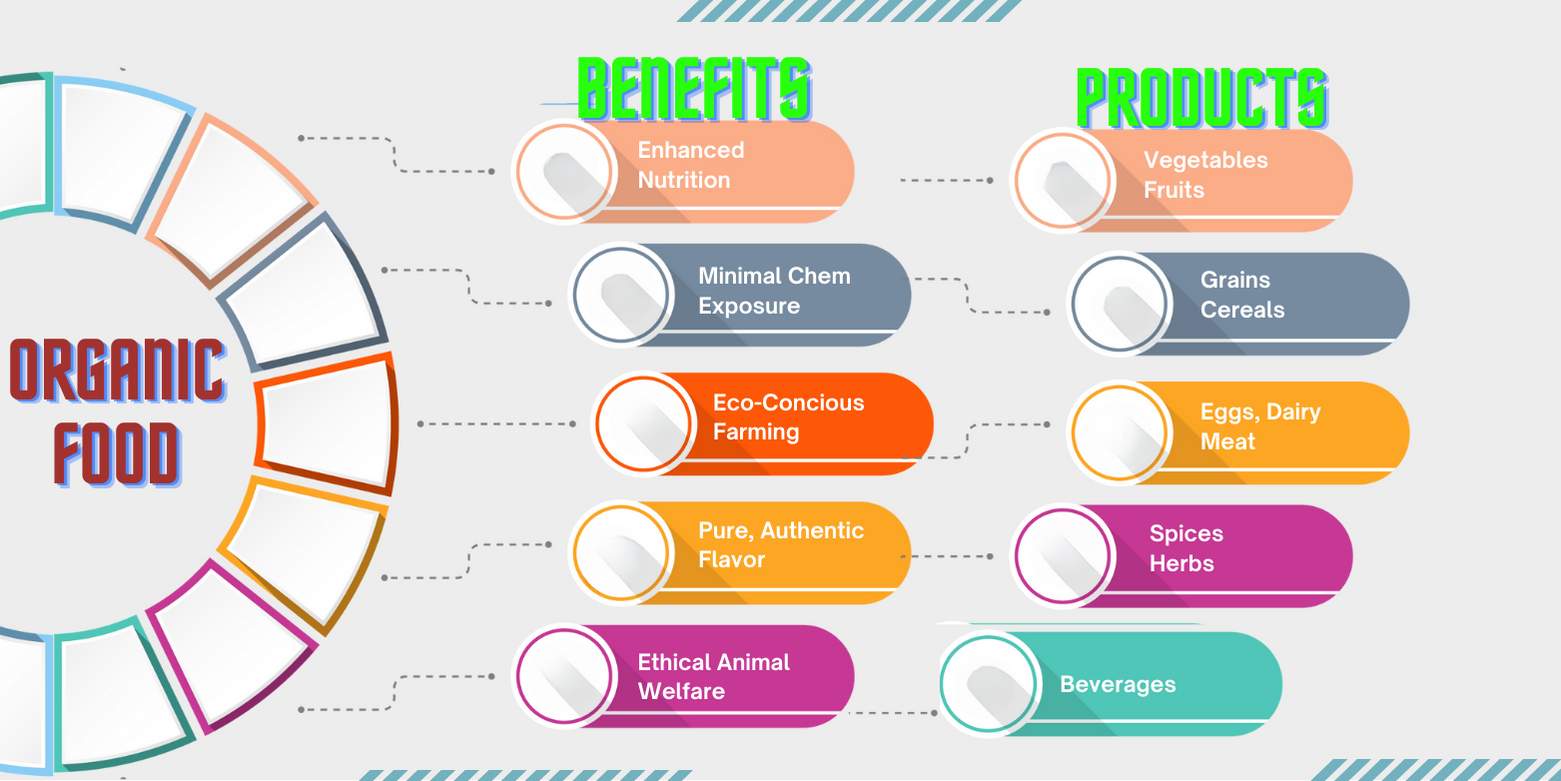
What Are 100% Organic Foods?
The term “100% organic” signifies that a product contains only organic ingredients, with no exceptions. It’s the highest organic standard, ensuring that every component in the product is produced using organic methods.
Organic Food Diet:
An organic food diet involves prioritizing organic options in your daily meals. Here are some guidelines:
- Prioritize Fresh Produce: Buy organic fruits and vegetables when possible to minimize exposure to synthetic pesticides.
- Opt for Organic Meats: Choose organic meats and dairy to support ethical animal treatment and avoid antibiotics and synthetic hormones.
- Seek Out Organic Grains: Opt for organic grains, cereals, and bread to reduce your intake of synthetic chemicals.
- Enjoy Organic Snacks: Select organic snacks like nuts, seeds, and dried fruits to maintain a healthy organic diet throughout the day.
- Mindful Shopping: When shopping for packaged foods, look for the “USDA Organic” label to ensure you’re getting authentic organic products.
